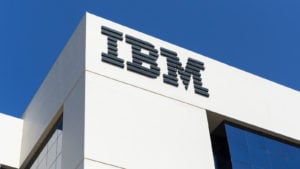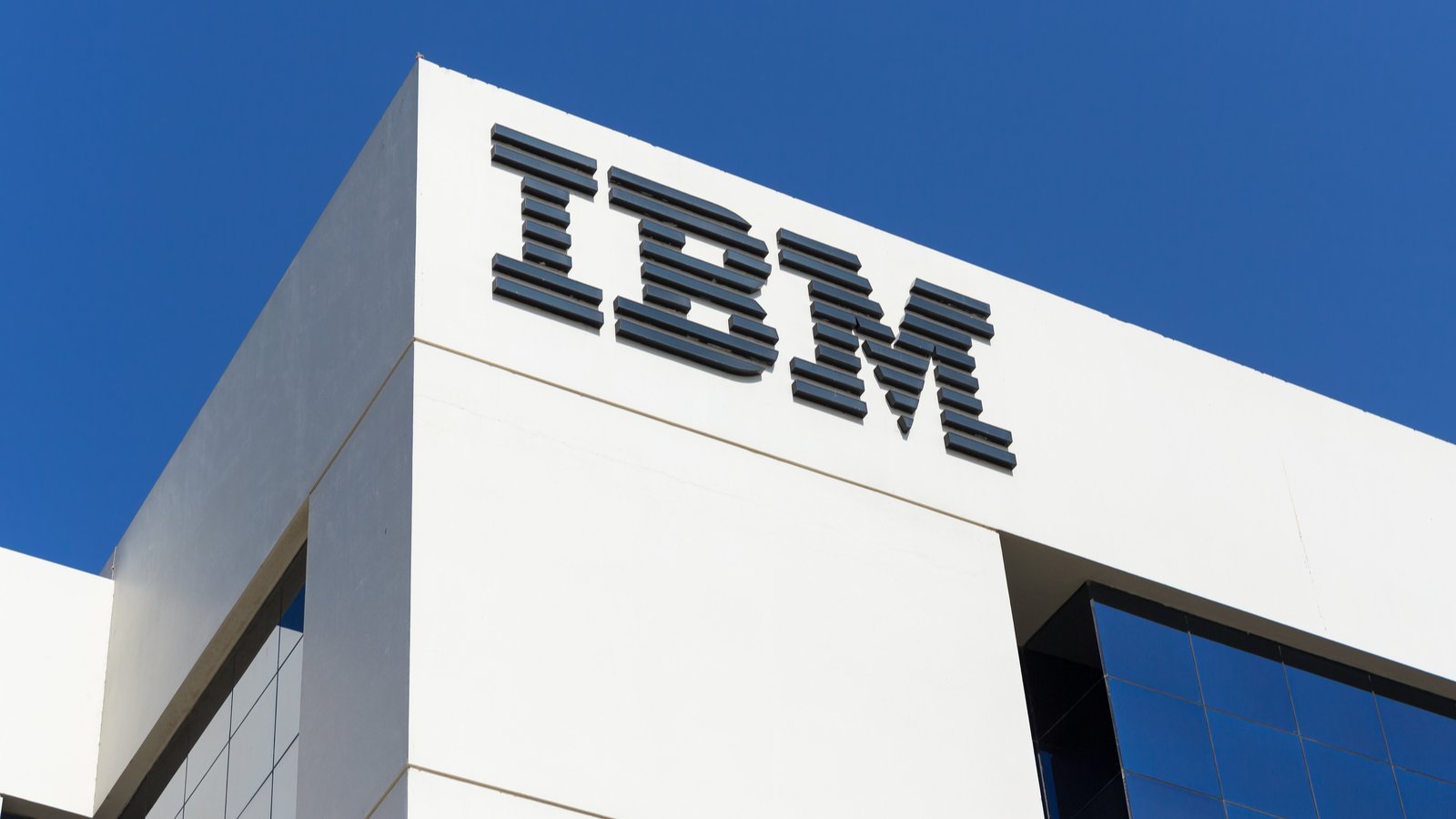Of all the bad CEOs who ruled the 2010’s, I think the worst was Virginia Rometty of International Business Machines (NYSE:IBM). Rometty, who became CEO in 2012 and finally retired this year, put her priority on dividends and buybacks while the company and interest in IBM stock burned.

Under Rometty, IBM doubled its dividend and cut its share count. It’s now a yield trap, a dividend of $1.63 per share yielding 5.26%. But shares lost nearly one-third of their value as it failed to invest in the cloud.
IBM opens for trade July 20 at about $125 per share. That’s a market cap of $111 billion. It’s less than one-tenth that of Microsoft (NASDAQ:MSFT), on 60% of Microsoft’s revenue.
Is a turnaround possible? Arvind Krishna, who formerly headed its cloud business, is the new CEO. Jim Whitehurst, who was running its Red Hat cloud software unit, is now President.
Today’s IBM
IBM is due to announce earnings after the market closes July 20 and analysts expect good things. Revenue is expected to be just $17.7 billion, but they’re expecting $2.14 per share of earnings and hoping for $2.16. During Rometty’s last quarter at the helm, IBM had revenue of $17.6 billion and non-GAAP earnings of $1.84 per share.
The problem for IBM stock is that, in a world where software is king, IBM remains a hardware company. Its earnings announcement hides this. In the first quarter, for instance, its old mainframe monopoly is called “Systems” and accounts for just $1.4 billion of revenue. But much of the $10.6 billion of revenue it counts as “Business Services” or “Technology Services” is serving hardware and tools that are, frankly, obsolete.
Even the “Cloud & Cognitive Software” unit, which includes Red Hat, also includes transaction processing platforms, basically mainframes. Big Blue has become a dowager that hides the crumbling house under wallpaper and her own aging frame behind makeup and jewelry.
Break It Up
If I were running IBM, I’d find some private equity people to take the hardware stuff off my hands and become a pure-play cloud company. IBM does have a network of cloud data centers, and Red Hat’s OpenShift container platform is highly competitive. If those revenues were broken out from the whole, investors might pay for their growth.
The problem is that the resulting company would be a minnow in a sea of sharks. But that threat has already left the building. VMware (NYSE:VMW), a unit of Dell Technologies (NYSE:DELL) with which IBM competes, is now worth $58.6 billion. That Dell situation mirrors IBM’s problem. Dell, which holds VMW’s debt, but 80% of its equity, has a market cap of $44.7 billion.
At the end of March, IBM was carrying $56.5 billion in long-term debt against just $12 billion of cash. Much of that debt load stems from buying Red Hat, which cost $34 billion. When IBM bought Softlayer, now called IBM Cloud, in 2013 the price was $2 billion. That tells you something about cloud inflation.
The Bottom Line on IBM Stock
IBM has some growth centers, but it still has too much “big iron” dragging it down. Instead of using the mainframe business to invest in cloud, Rometty handed cash to investors and her executive team. I call that malpractice.
But that’s water under the bridge. Krishna and Whitehurst do have some high-growth businesses worth investment. They need to find cash to invest in them and create a structure that lets investors see that value.
Right now, IBM is a hardware company in a software age … a mainframe company in a cloud age. I recently decided to speculate on that changing because I believe in Whitehurst. But of all the stocks in my portfolio right now, IBM stock is the first I’d sell.
Dana Blankenhorn has been a financial and technology journalist since 1978. His latest book is Technology’s Big Bang: Yesterday, Today and Tomorrow with Moore’s Law, essays on technology available at the Amazon Kindle store. Write him at [email protected] or follow him on Twitter at @danablankenhorn. As of this writing he owned shares in MSFT and IBM.
